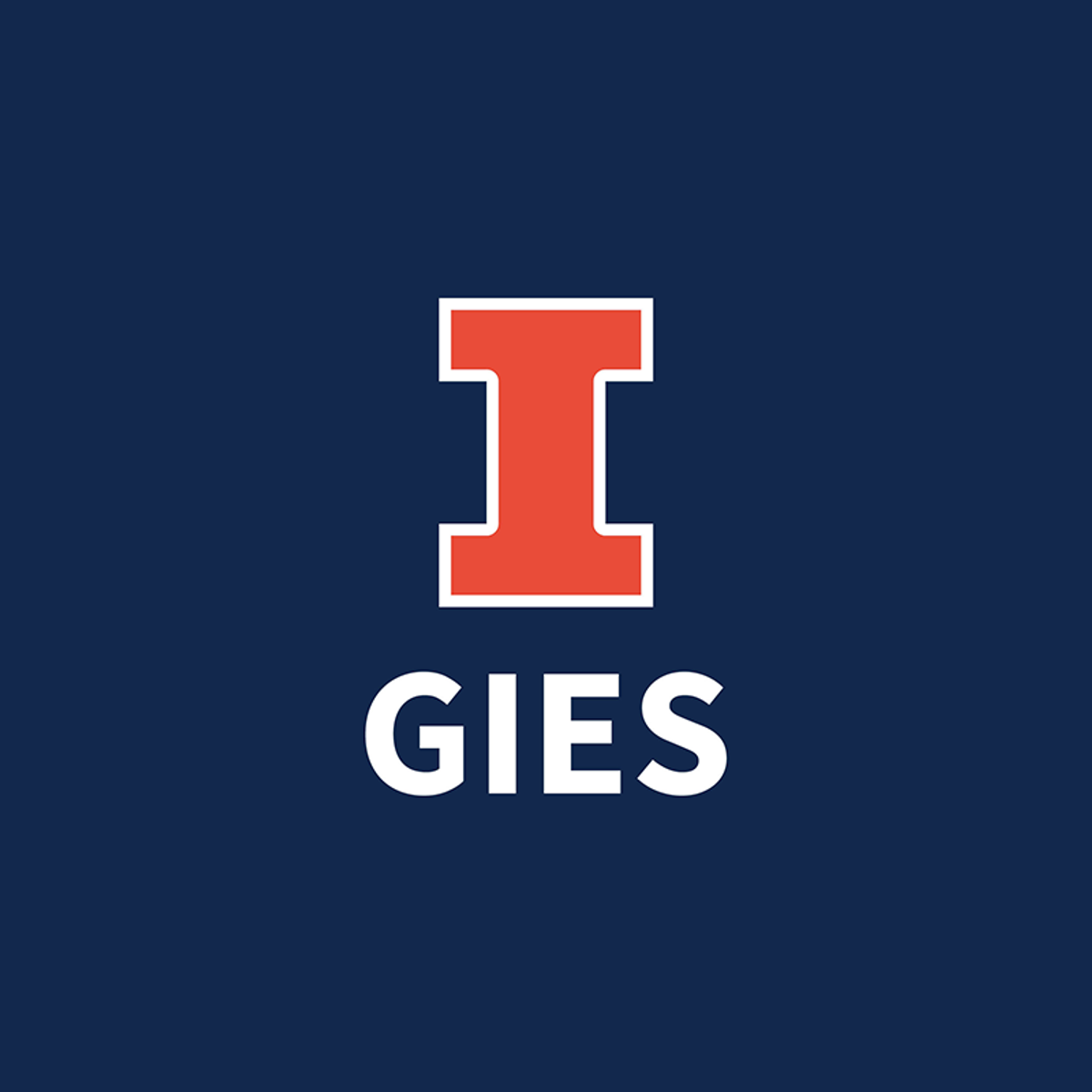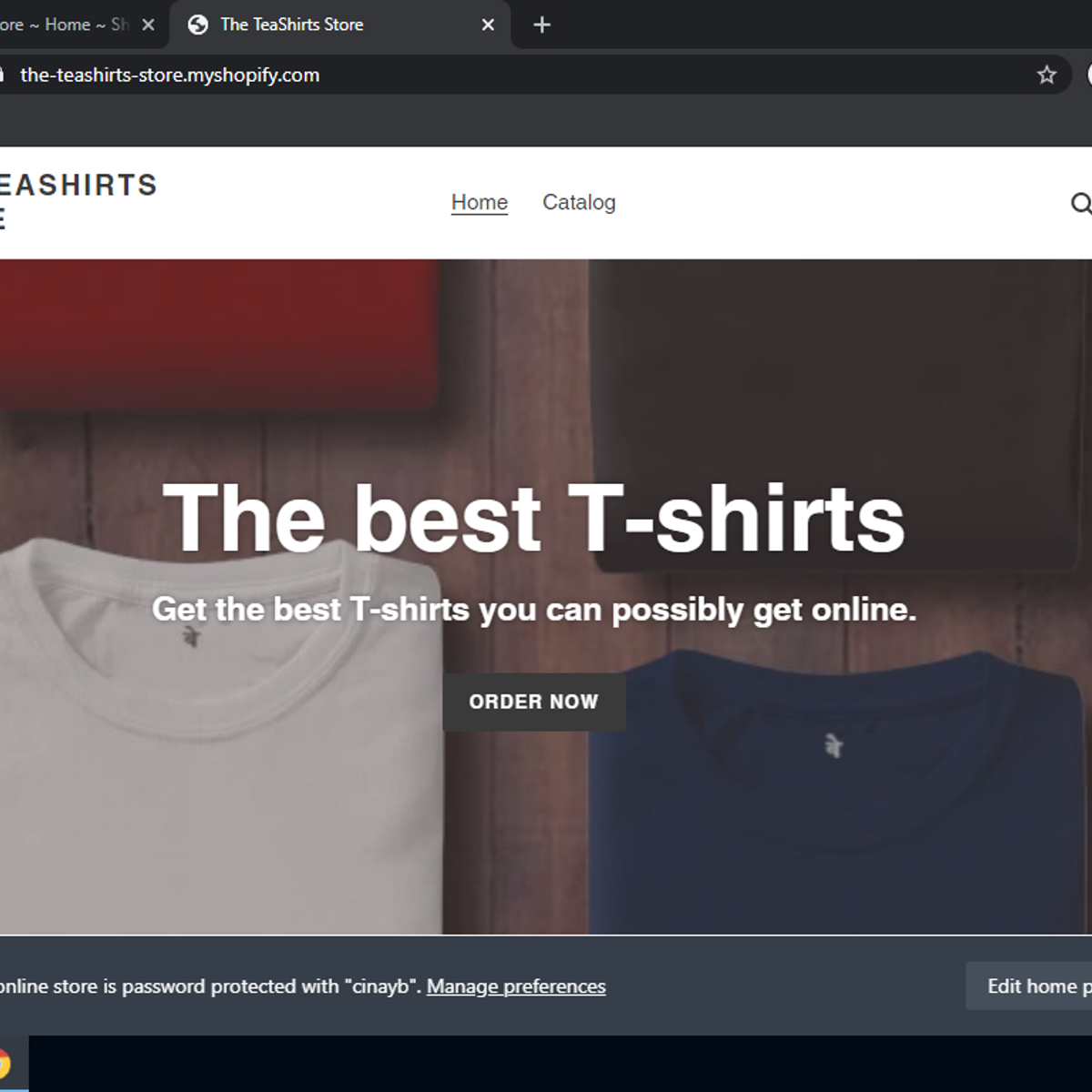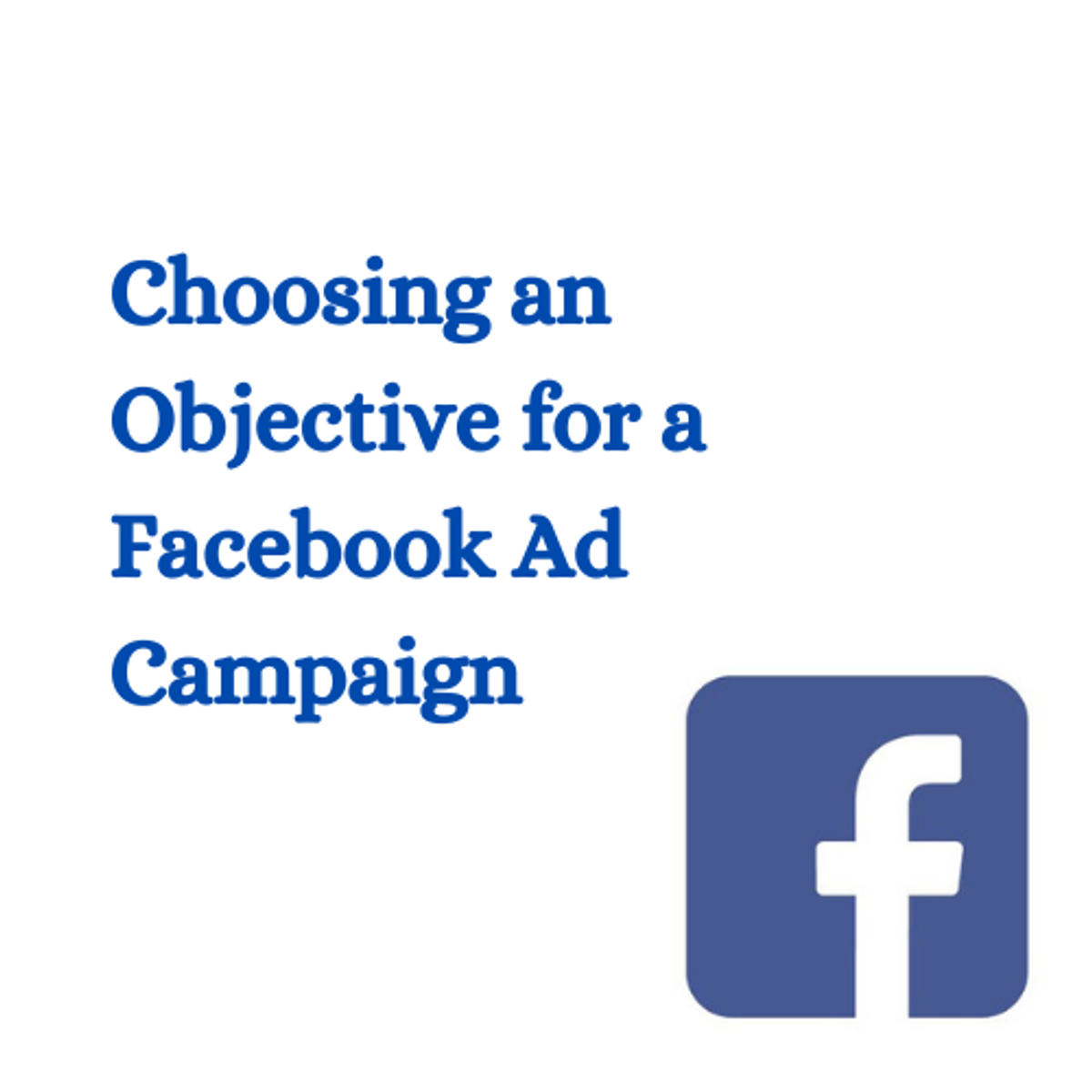Back to Courses









Marketing Courses - Page 26
Showing results 251-260 of 479
Digital Media and Marketing Principles
The Digital Revolution has led to a titanic shift in the landscape of marketing communications, while also creating new opportunities for businesses to reach and engage consumers through smart, social, and mobile media technologies. In this course, you will learn about the impacts of digital technologies on marketing communication strategies and practices. By understanding the underlying processes of marketing communication and the core features of new media technologies, you can strategically select the appropriate channels to deliver the right marketing message to the right audience at the right moment.
You will be able to:
- Examine marketing as a process of highly strategic communication
- Understand the impacts of digital media and information technologies on communication and marketing
- Develop a conceptual understanding of several digital marketing strategies
- Consider the rise of exciting new technologies, such as AI, Internet of Things, and Mix Reality, as new tools for digital marketing
This course is part of Gies College of Business’ suite of online programs, including the iMBA and iMSM. Learn more about admission into the program and explore how your Coursera work can be leveraged if accepted into a degree program at https://degrees.giesbusiness.illinois.edu/idegrees/.

Create a project in Upwork
In this project, learners create a project in Upwork as a freelancer. Upwork is a platform for freelancers to find and communicate with clients for different projects. Learners will know how to use Upwork to create and sell a project to showcase what the freelancer loves to do. The benefit of creating a project on Upwork is that the freelancer only needs to create the project once, and then clients can buy the project multiple times. Instead of the freelancer looking for work and clients on Upwork, creating a project will allow the client to find the freelancer and what project the client needs. For this project, we will use the example of creating a project as a graphic designer freelancer to sell the project of designing a business card.
Digital Marketing Capstone
This four-week Capstone of the Digital Marketing Specialization is designed to help you apply the principles you have learned in the previous courses.
This capstone course is designed to give you hands-on experience in executing a digital marketing campaign for a fictitious firm selling electronics. In the previous courses on analytics and channels, you came up with strategies to identify a firm’s objectives, specify a few key ones, research alternatives to reaching the customer in their decision journey and finally propose a multi-channel digital marketing plan. In this capstone, you will execute a campaign, rather than creating another "plan".
You will use an online simulation to do this. You will be a marketing manager for a firm selling digital cameras online through their webstore. You will be reviewing the products, pricing, margins, and historical sales. You will create a targeted ad campaign after researching appropriate keywords for the products you are selling. You will also review the basics of landing page design and search engine optimization. You will then create and execute an email campaign. Once these campaigns are executed, you get feedback on the KPI's such as revenue, profits, traffic, conversions. You will get an opportunity to redo this campaign, with new strategies, to improve your KPI's in the second round.
This course is part of the iMBA offered by the University of Illinois, a flexible, fully-accredited online MBA at an incredibly competitive price. For more information, please see the Resource page in this course and onlinemba.illinois.edu.

Electric Industry Operations and Markets
This is a two week course. In the first week you will learn about the core activities that the Industry executes to bring electricity to customers. We will review what electricity is, how it is generated, how it is transmitted, how it comes into buildings, and how consumption of electricity instantly feeds back on the transmission and generation of electricity. You will learn to:
Define what electricity is;
Describe how electricity is generated, transmitted and distributed;
Describe how electricity is generated, transmitted and distributed; and
Summarize how the consumption of electric energy instantly feeds back on the transmission and generation of electricity.
In the second week, the course shifts to the markets that drive Electric Industry operations. You will learn about the various costs of the electric industry’s core activities, how electricity is priced, the various ways that electric markets are structured, how these market structures determine which power plants are dispatched to produce electricity when, and how recent changes in generator fuel prices, generation technology, market regulations, and environmental regulations are transforming both Electric Industry Markets and Operations. You will learn to:
Describe the main cost components to the electric system;
Compare the costs of different types of power plants;
Interpret the retail pricing of electricity;
Explain the different types of electric markets and understand how they operate to dispatch electric supply to meet demand in real time; and
Explain why and how the electric industry is regulated.

International Hospitality & Healthcare Services Marketing
As the fastest-growing sectors of the current global economy, both hospitality and healthcare services sector offer tremendous growth opportunities for incumbents and entrepreneurial opportunities for new entrants. To flourish on these opportunities, one must first understand each industry's unique characteristics. This course is designed to help those who are interested in career advancement opportunities in these industries or who want to be inspired by these industries to better equip themselves with enlightened and creative management capabilities.
People who have successfully completed this course will be able to:
(1) Identify the unique characteristics of service businesses and create successful management strategies to better manage the role of customers to gain desirable business outcomes, better market products than are intangible, and better manage customer expectations and perceptions.
(2) Identify the unique characteristics of the hospitality industry, explain the process of balancing supply and demand in the hospitality industry, and implement optimal marketing and management strategies for this unique market.
(3) Identify the unique characteristics of the healthcare industry, explain how this industry is evolving into the experience business, and better manage human interactions and facility to enhance the quality of customer experience.
(4) Gain insights from the innovative approaches in the service industry overall, in hospitality and health industry in particular, and better develop innovative strategies in your industry.

Assess for Success: Marketing Analytics and Measurement
Assess for Success: Marketing Analytics and Measurement is the fifth of seven courses in the Google Digital Marketing & E-commerce Certificate. This course explores marketing analytics practices and tools. Digital marketing and e-commerce professionals are expected to analyze data from various sources (such as web pages, digital marketing channels, and e-commerce sites) and use them to gain customer insights. You’ll create media plans and set performance goals. You’ll learn how to measure, manage, and analyze data from marketing campaigns using Google Analytics, Google Ads, and similar tools. Then, learn how to adjust a marketing budget according to insights extracted from key metrics. You’ll use A/B test results to optimize a campaign and identify metrics that define a campaign's success. You will be able to analyze and visualize data and insights in spreadsheets and prepare presentations to share campaign progress or results with stakeholders.
Google employees who currently work in the field will guide you, providing hands-on activities and examples that simulate common digital marketing and e-commerce tasks, while showing you some of the best tools and resources used on the job.
Learners who complete the seven courses in this program will be equipped to apply for entry-level jobs in digital marketing and e-commerce. No previous experience is necessary.
By the end of this course, you will be able to do the following:
- Plan and allocate the spending of marketing budgets
- Describe the unique role of performance goals and key performance indicators (KPIs) in marketing campaigns
- Describe how tools like Google Analytics and Google Ads are used to measure website and ad campaign performance
- Describe how to determine the return on investment (ROI) or return on ad spend (ROAS) of a marketing project
- Prepare, conduct, and analyze the results from an A/B test to optimize a marketing campaign
- Apply spreadsheet features like sorting, filtering, and pivot tables to prepare data to be shared
- Create charts in spreadsheets for visualization of metrics

Create your e-commerce store with Shopify
In this 1-hour long project-based course, you will learn how to create an online e-commerce store with Shopify, edit your web store front and manage orders, stock, customers and other operations.
Note: This course works best for learners who are based in the North America region. We’re currently working on providing the same experience in other regions.

Choosing an Objective for a Facebook Ad Campaign
By the end of this project, you will be able to choose the right Facebook Ad Campaign Objective for your brand using the Facebook Business Manager’s “Ads Manager”. Throughout this project, you will be able to identify all 11 types of Facebook Ad Campaign objectives and the difference between them. This will help you easily identify the right objective needed for your brand’s Ad Campaign on Facebook.
This guided project is for intermediate level learners who know how to use Facebook’s Ads Manager to create Ads but don’t know which objective to choose from when running their Ad Campaigns.
We are going to use Facebook Business Manager which is the business arm for Facebook. This platform helps you create Ads, Analyze and create your audiences, Ad business information to your pages and many more.
When running Ads, Facebook Business Manager is a better platform than just boosting through the Facebook directly as it gives us access to more objectives and data to run our Ad Campaign in the best way possible.
Value Chain Management Capstone
The capstone for the Value Chain Management specialization will provide a learning experience that examines how the various segments of a business integrate to create a value chain. The capstone involves an in-depth analysis of an actual business situation. The final deliverable consists of a plan based on a comprehensive analysis of how accounting, marketing, and operations work together to create a value chain. The plan will propose how value creation in organizations and supply chains can be enhanced using the concepts and frameworks learned in the three courses.
This course is part of the iMBA offered by the University of Illinois, a flexible, fully-accredited online MBA at an incredibly competitive price. For more information, please see the Resource page in this course and onlinemba.illinois.edu.

Create surveys with Qualtrics
In this project you will learn how to create a survey using Qualtrics . We will create one for Customer satisfaction. This is critical as it tells us if our customer will come back and buy more from us.
Popular Internships and Jobs by Categories
Find Jobs & Internships
Browse
© 2024 BoostGrad | All rights reserved